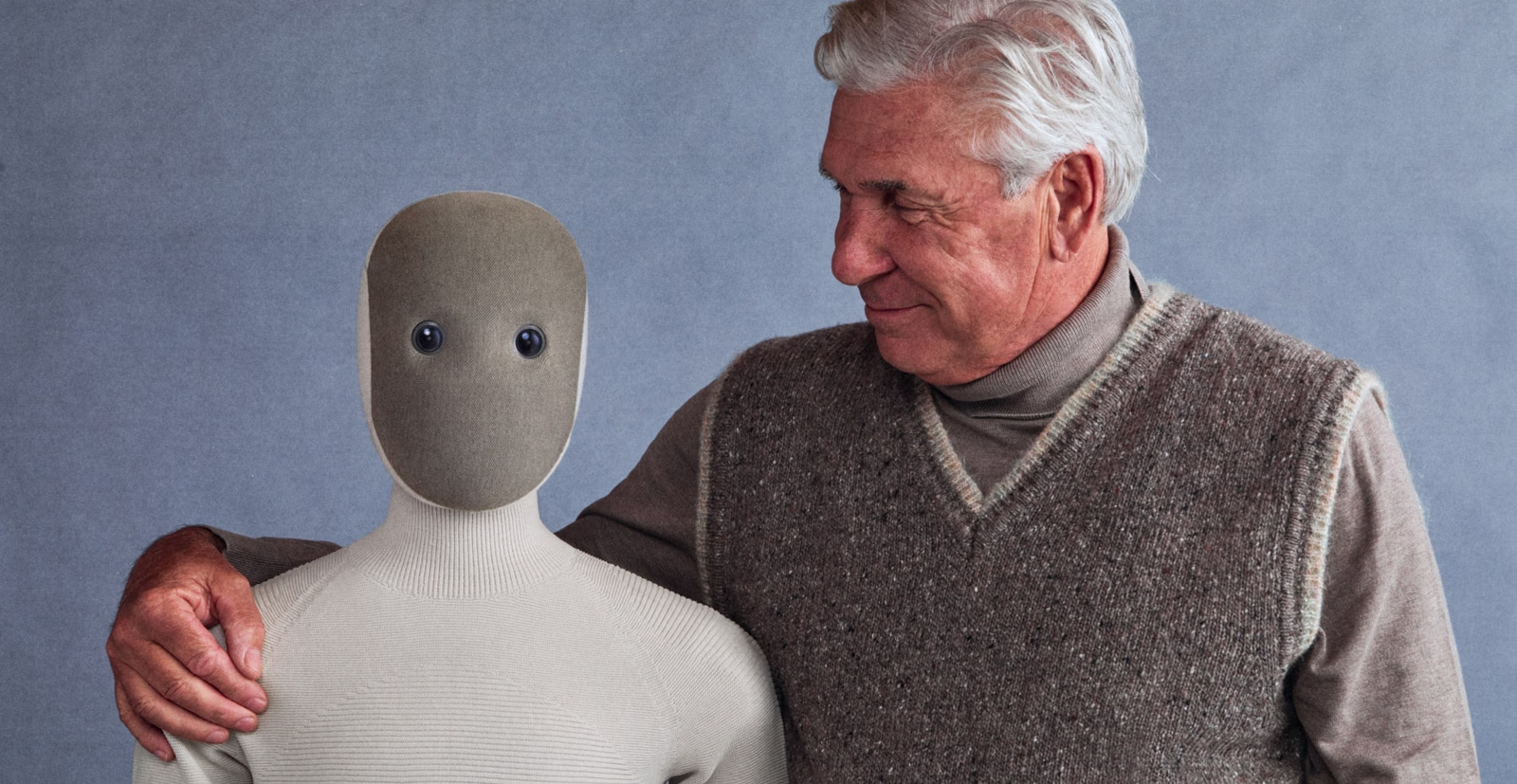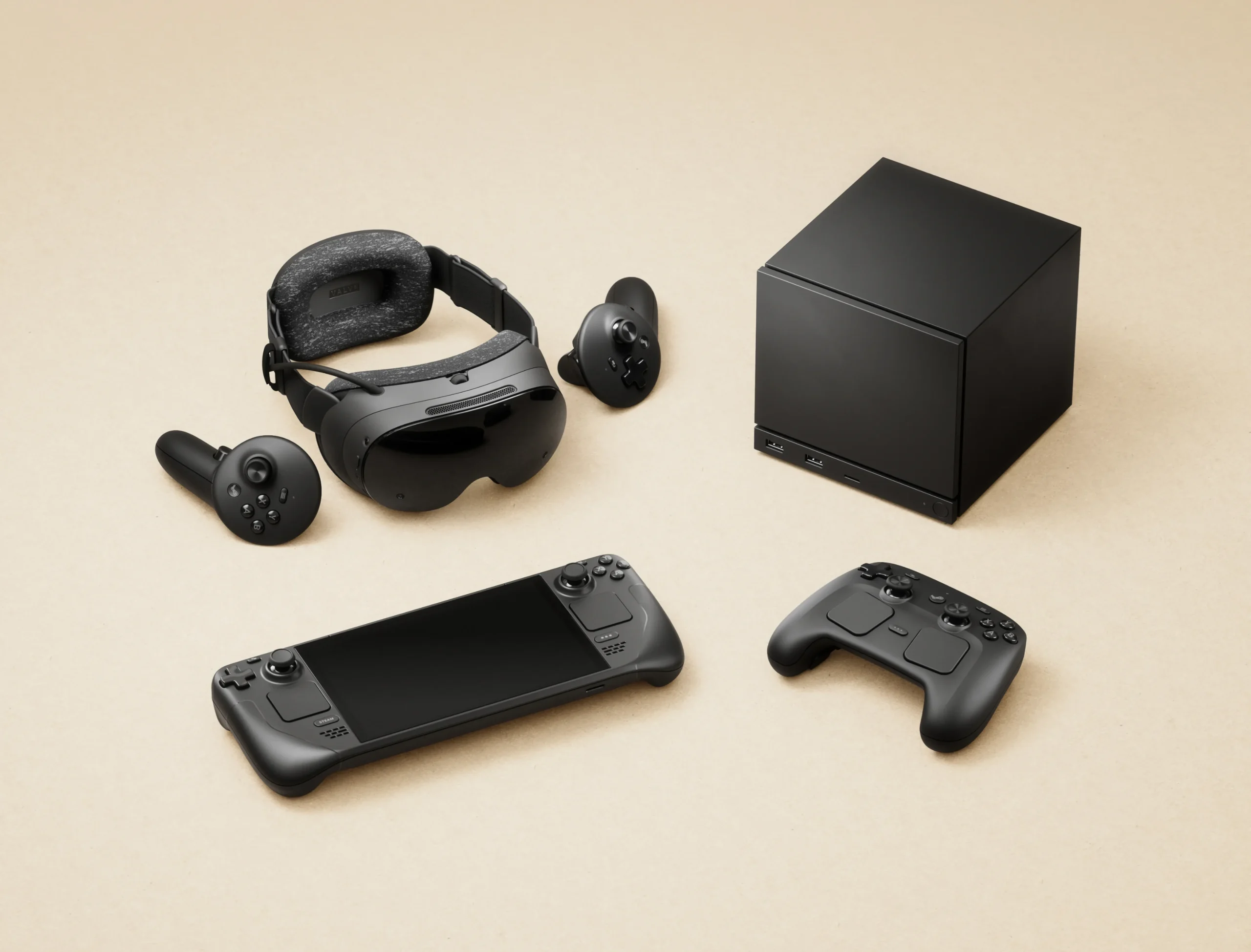The 1X NEO is the first consumer-ready humanoid robot built for home use. The company, headquartered in Palo Alto with operations in Norway, opened preorders in late October 2025. Buyers can pay either $20,000 upfront or opt for a $499 monthly subscription (six-month minimum) for delivery in 2026.
Standing at 5 feet 6 inches and weighing about 66 pounds, NEO is roughly the size of an average adult. It can lift up to 154 pounds and carry 55 pounds. Its hardware includes 22-degree-of-freedom hands, a tendon-driven motor system for smoother motion, and a soft polymer frame designed for safe human interaction.
NEO runs on a built-in large language model that enables conversation, object recognition, and task learning. It can listen, see, and remember, allowing it to personalize tasks such as folding laundry, organizing shelves, and picking up clutter. When it encounters something new, NEO connects to remote human operators who take control to demonstrate the correct motion sequence. The robot then logs and processes this data, improving its ability to handle similar chores independently over time.
Privacy settings let owners define no-go zones or restrict remote access, though the teleoperation process requires limited human involvement while the robot learns. The company says remote operators only control robots during pre-approved times and cannot activate cameras without user consent.
The robot’s design emphasizes both usability and safety. Its rounded edges, compliant joints, and low-force motors reduce the risk of injury, while its soft polymer skin helps it navigate tight spaces without damaging furniture. It also includes real-time motion balancing that prevents tipping during sudden directional changes.
Early demonstrations show that NEO can handle simple household actions such as picking up cups, loading light items into dishwashers, and wiping counters. However, some of these tasks still take several minutes and require human assistance through teleoperation. The company plans to reduce those delays as the AI gathers more training data.
With a price tag closer to a car than a vacuum, NEO is aimed squarely at early adopters willing to fund the next step in personal robotics. Broader U.S. deliveries are planned for 2026, followed by international expansion in 2027.





